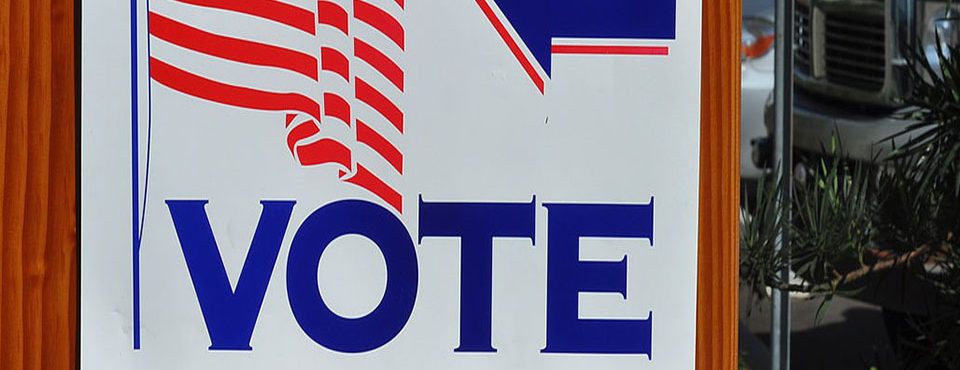Eight candidates are vying for the three open positions on Lynchburg City Council, and it’s up to you to decide who wins.
The News & Advance reported that in 2016, only 11.9 percent of Lynchburg’s registered voters voted in the last city council elections. Out of 80,000 people, that’s a mere 10th that chose the people to oversee infrastructure, water quality, educational institutions and city taxes.
It was a 10th of the city’s population that picked the council members who both approved taking over the Riverfront Skate Park at the request of the 250-member skating community and hired a city manager who is proposing tax increases on meals, lodging and real estate for the next four years in a budget councilmember Jeff Hegelson calls “bad economic policy.”
Senators and presidents don’t care about these things.
As politicians ride the voters to state and federal levels, the citizens they oversee become increasingly generalized. Towns merge into counties, counties blur into states and individuality is forgotten as the people are labeled “the public” for the sake of simplicity.
But when it comes to low-ranking politics in a small city, like the city council elections, candidates can’t forget Lynchburg’s average citizens because that’s exactly who they serve.
Katie Webb Cyphert is a Girl Scout troop leader and a special education instructor. Independent Al Billingsley raised his two kids here while working as a small business owner. Derek Polley studied at Liberty University.
From incredibly diverse backgrounds, they are grassroots politicians for the grassroots voters. And believe it or not, that includes you as a Liberty student or even a general reader of the Liberty Champion.
You might think that none of this pertains to you. That your stay here is only temporary. For many of you, that’s true.
But for at least four years, the City of Seven Hills is your home. Though your license plate may be emblazoned with “California” in scarlet cursive or South Carolina’s palmetto and crescent moon, you’ll be driving on Lynchburg highways until graduation — driving to your favorite local businesses over 188-year-old water pipes on the verge of bursting and past and around road construction improving passage into downtown.
Think of the money you spend here: the 6.5 percent sales tax you pay for a flat white at 5th Street Grind; the 56 cents audiences give to the city when they buy a ticket to a show at the Tower Theater — general sales tax; parking fees and, if the first is done incorrectly, parking tickets. (Should the proposed budget be approved by city council in an upcoming May vote, expect to shell out a little extra.)
All of this money goes to the city, and our out-of-pocket-out-of-mind mentality when it comes to spending hinders our ability to realize that, to an extent, we can control how the money is used by who we elect to use it.
Some of you, whether you realize it or not, will fall in love with the area and stay. You will find your spouse, a cute house on College Hill, a good job. You will build your family here.
That’s when voting becomes a bigger investment — investing in a quality of life for not just you, but your children. Maybe even your children’s children.
The baby-boomered Commonwealth of Virginia is aging, but Lynchburg is in retrograde; the city was hemorrhaging people twenty years ago, and now, it’s growing both bigger and younger.
According to the 2012 census, the median age of the Hill City has dropped from 35 to 30. Less than a fifth of Lynchburg residents are over 60.
When it comes to building the future of this city, it is the voice of the Millennial that is needed, but it is the voice of the Millennial that is going unheard.
